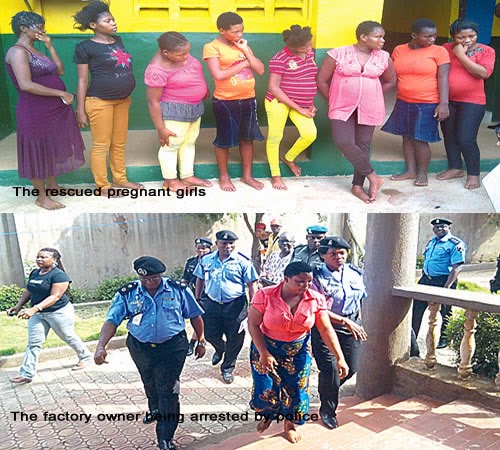Living Your Life
With
Dr Abdulfattah Adeyemi
Like Winds, Like Children
Like children, the winds have minds of their own. They have purposes, directions and destinies. They can be strong or weak, violent or gentle.
In high speed but short bursts, winds can come in gusty gales or torrid tornadoes. The winds are the artists that design the vast deserts with massive sculptures of sprawling, smooth sand dunes, and they engineer the deep gullies engraved with erosions in the landforms, resembling some deeply engraved tribal marks on the cheeks of an ethnic rural dweller.
The wayward winds in their display of wrath can tear apart everything in their path. But, while there are fierce winds that bend trees, uprooting and snapping them in half like toothpicks, there are also the ones that wheedle the grasses to sway in playful response to the wind’s call to dance.
There are the flirty breezes that would romance the blooming flowers, caressing the lush plants with tender kisses. They lovingly help to disperse seeds from some plants so as to birth new greens. Moreover, being shepherds of nature, some winds gaily soar over the highest mountains into the skies so as to herd the pregnant clouds to midwife the delivery of rains.
Most interestingly, just as rain water has no particular taste, winds have no smell of their own: it all depends on where they are coming from, where they have been to, or whatever they meet on their course. Like the wind itself, is a child not partly the product of the parents, the teachers and the environment that bring him up?
The winds carry the sweet aroma of savory foods, just as they bear the stench of putrid carcass. Thusly, the redolence of the perfumed air can be traced to the flower garden the wind passed through, while the rankness of the foul breeze indicates that there was a latrine in its path.
A child could be like the wind that comes through the rectum in form of smelly gas of embarrassing flatulence. This wind would have been odorless, if not for its encounters with foul smelling sulfates from assorted legumes and veggies within the digestive tract.
Similarly, the wind does not have a voice or a sound of its own: it howls and hollers, wheezes and hisses, sighs and groans, depending on the turns and curves it has to whoosh through. Our children are like the breaths we push through an enclosed column of air in a flute to produce notes of sublime melodies.
Our influence upon our children is also like that of the fingers that play the saxophone: as our windpipes pump air into it, the sax would either produce haunting and eerie notes of sorrow, or joyful, inspiring tunes that lift our spirits.
Therefore, let the tempestuous ones among our children be informed of the evil of being destructive tornadoes, and let the ones that grate in growing anger be warned of the danger of their torrid temperament. Also let the wailing, howling rainy wind be encouraged that it will soon become a laughing, dancing, sunny wind.
Then, let us not constrain the positively pulsating winds, the way vulcanized rubber wheel restrains the air, so that our children could soar in an exuberant ascension towards their different skies of endless possibilities.



